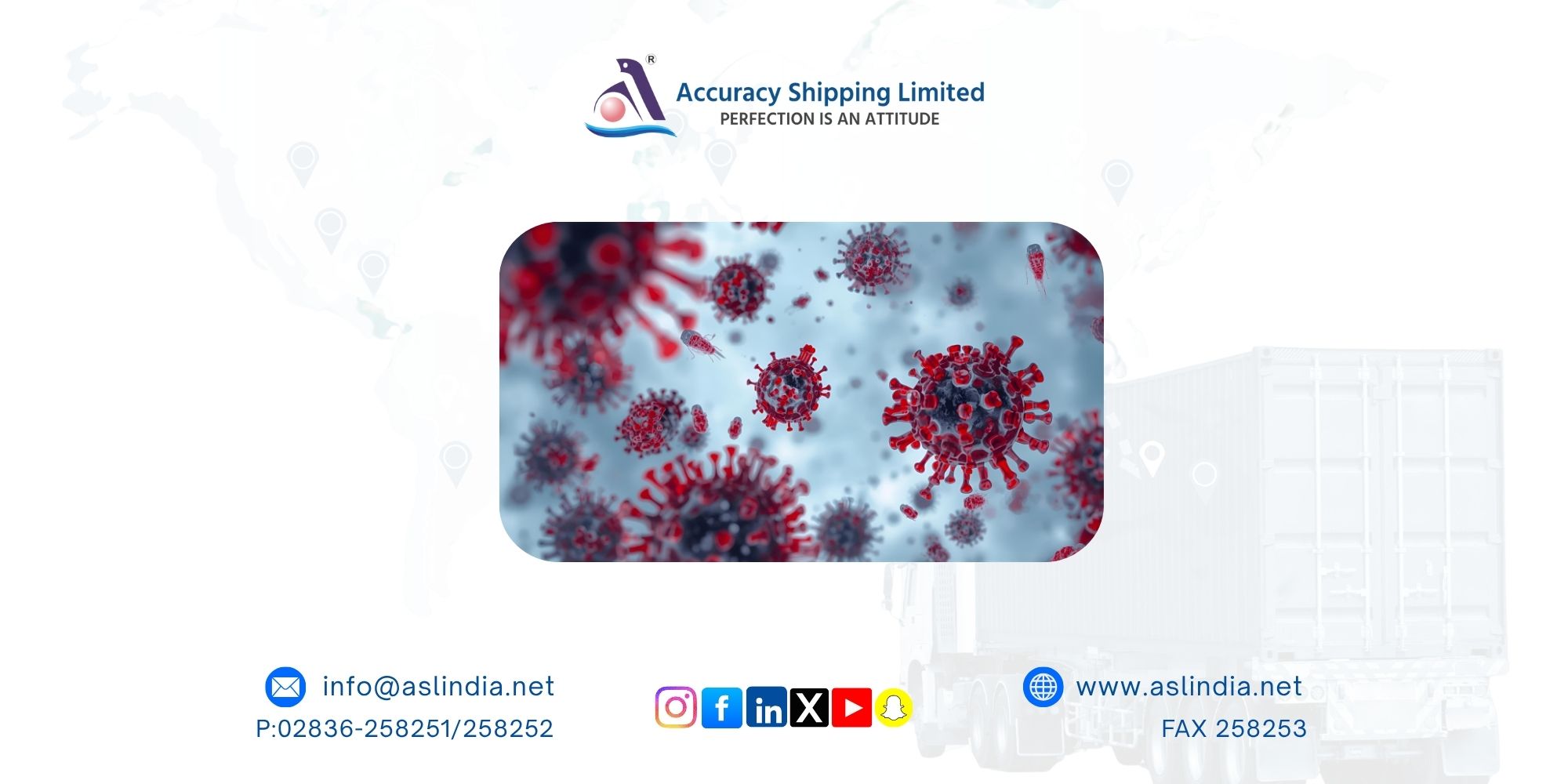Chikungunya case confirmed in New York: What to know about the virus, its symptoms and key safety precautions

New York health officials have confirmed the state’s first locally transmitted case of the chikungunya virus in six years, raising public concern though experts emphasize that the overall risk to residents remains low. The patient, a resident of Nassau County on Long Island, tested positive earlier this week, marking a rare instance of local transmission within the United States.
A Rare Case, Low Immediate Risk
According to The New York Times, state health authorities believe this infection was spread by a local mosquito rather than being linked to international travel. Importantly, officials have clarified that there is no evidence of person-to-person transmission. With mosquito activity declining as temperatures drop, the risk of further spread is described as “very low.”
“While this case is concerning, the risk to New Yorkers is currently very low,” said Health Commissioner James McDonald in a statement issued Tuesday.
What is Chikungunya?
Chikungunya is a mosquito-borne viral disease caused by the chikungunya virus (CHIKV). It spreads through bites from infected Aedes aegypti and Aedes albopictus mosquitoes the same species responsible for transmitting dengue and Zika viruses. The name “chikungunya” comes from a Makonde word meaning “that which bends up,” referring to the contorted posture of patients suffering from severe joint pain.
Symptoms and Possible Complications
Symptoms usually appear between four to eight days after being bitten by an infected mosquito. The most common symptoms include:
Sudden onset of high fever
Severe joint pain (often in the hands and feet)
Headache and muscle pain
Nausea and rash
While most individuals recover completely within a few weeks, some may experience lingering fatigue or joint pain for several months. Severe cases are rare and primarily affect infants, elderly individuals, or people with chronic medical conditions.
Treatment and Care Options
There is currently no specific antiviral treatment for chikungunya. The World Health Organization (WHO) recommends supportive care adequate rest, hydration, and paracetamol (acetaminophen) to reduce fever and pain. Medical experts caution against using ibuprofen or aspirin until dengue infection has been ruled out, as these medications can increase bleeding risk in dengue patients.
Two chikungunya vaccines have been approved for limited use in certain countries, but they are not yet widely available.
Prevention: The Best Protection
Given the lack of a universal vaccine or cure, prevention remains the most effective defense. Health authorities and the WHO recommend the following precautions:
Apply mosquito repellent on exposed skin and clothing.
Wear long-sleeved shirts and pants, especially during dawn and dusk when mosquitoes are most active.
Use window screens or mosquito nets where necessary.
Eliminate standing water around homes, which serve as breeding sites for mosquitoes.
Looking Ahead
While the Nassau County case has sparked attention, experts agree that the likelihood of wider chikungunya transmission this season remains minimal due to cooling weather and low mosquito activity. Still, the incident serves as a timely reminder of the importance of mosquito control and preventive habits not just for chikungunya, but for other vector-borne diseases as well.
As health officials continue monitoring the situation, New Yorkers are advised to stay informed, take sensible precautions, and remain calm.







